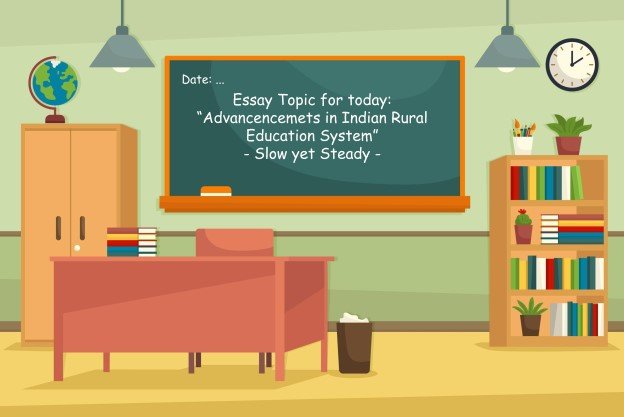

The Indian education system is one of the largest education systems after China. The issues faced by the rural and urban education system are vastly different. Where urban schooling has an average infrastructure, the syllabus is an over-burden, whereas rural education lacks basic infrastructure facilities in the first place.
Have the consecutive governments been sitting ducks or is the rural youth too unconcerned or content with their share? The answer to both these questions is a big “NO!”.
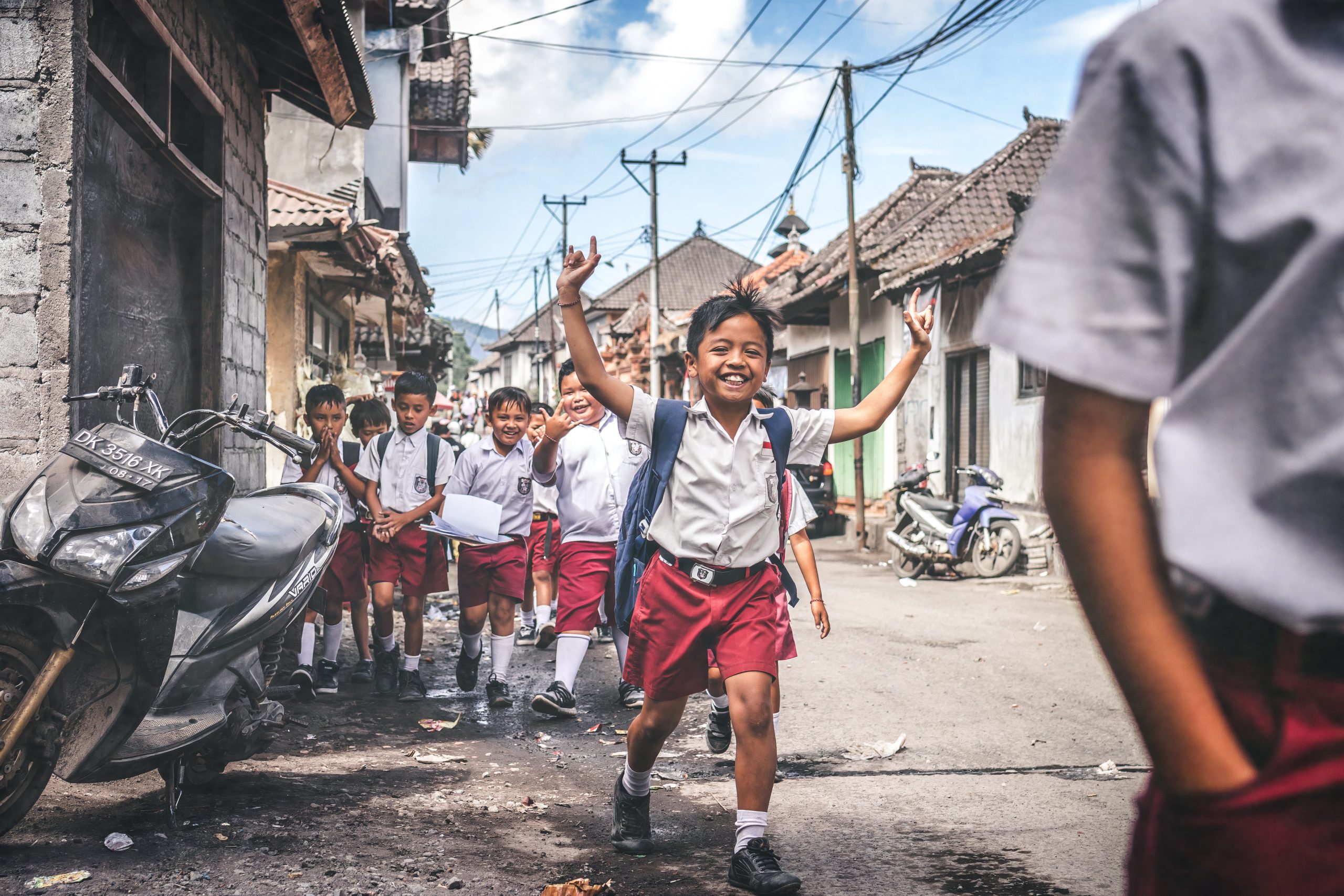

The percentage of student enrolment has increased with successive education awareness campaigns led by government and non-government organizations throughout the nation. However, it is noted that there is a lack of motivation to keep the student’s focus in the daily classes. Consequently, a steep drop has been observed in students opting for higher education with a rural background.
Another problem is the lingual bifurcation. The truest expression comes in one’s mother tongue. The rural schools have a curriculum mostly in English. Up to junior classes, it is easier for both- the teacher and the pupil to discuss and understand it efficiently.
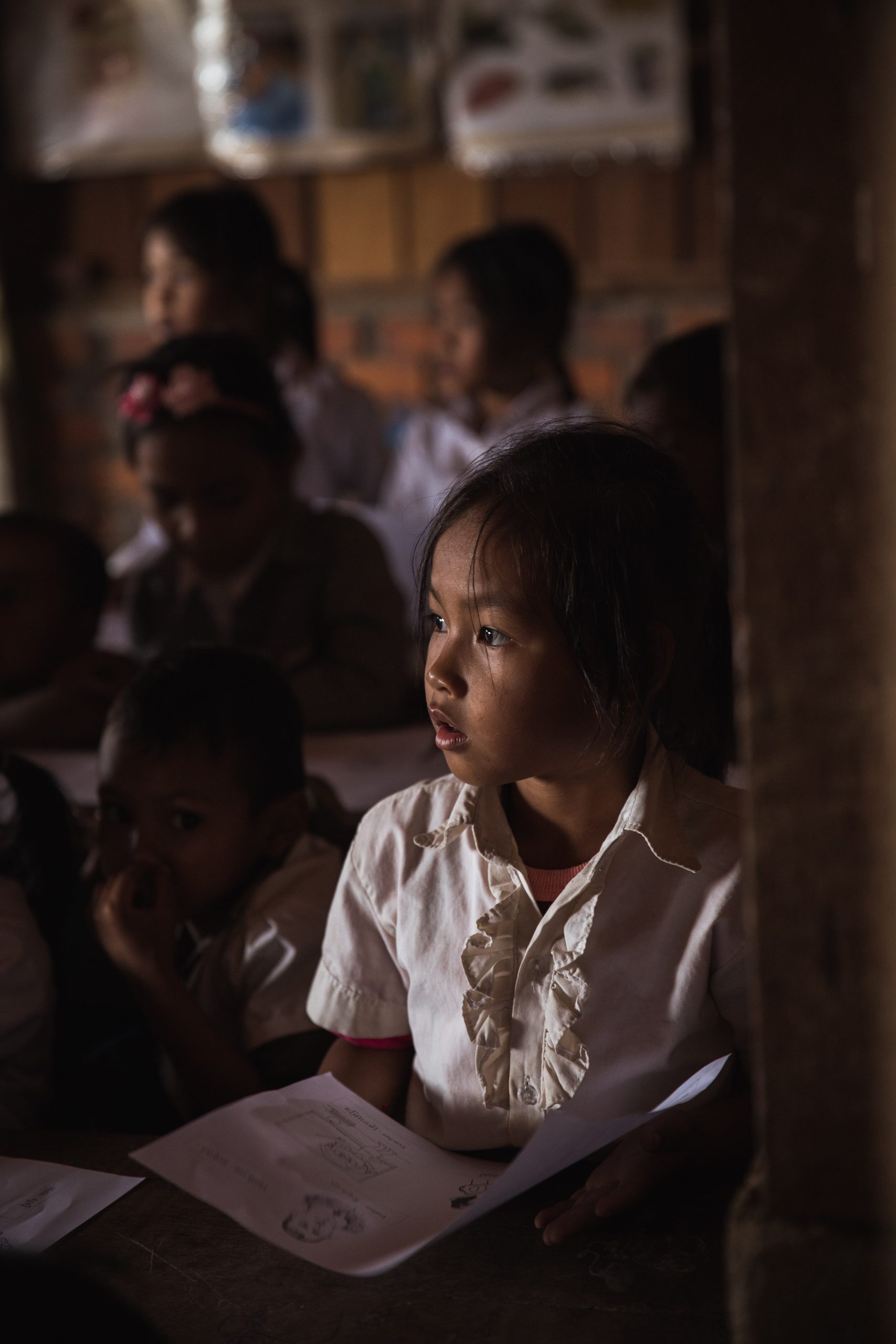

The tables turn when in senior classes the student is unable to grasp complicated concepts, verbose literature, and lack of proper guidance. This is when the teacher is focused on completing the syllabus rather than innovative learning, hence, rote learning methods come into play. Another factor is the teacher’s unaccountability to the quality of education.
In recent months, we have come across incidents recorded where the designated government instructor/teacher and the one physically taking the lessons are two different individuals, especially in remote areas where regular government inspection is not feasible.
It's fair to say that India is seemingly bent on solving problems in the 21st century. There are different scholarship schemes, healthy meal schemes, schemes that emphasize lingual versatility and incorporate technology within the government's initiated basic education.


Pioneered by former Prime Minister Atal Bihari Bajpayee, the Sarv Siksha Abhiyan was launched in 2000. It is an attempt to provide an opportunity for all children between 6 and 14 years of age to get free education which is also a basic fundamental right. The state and the central government share the expenses of this project.
A promising example is the National Education Policy 2020 that pays attention to the ‘Preparatory Class’ for 1 to 3-year-old students. The socio-economically weaker regions will be paid special attention to establish more interactive methods of learning. The current policies vary from the previous ones as they understand the fundamental problem(s) and their functionality is not restricted to official documents.


“A healthy mind resides in a healthy body.” Following the same, in addition to the National Programme of Mid Day Meals in Schools, the government schools will also provide a light and healthy breakfast in schools located in socio-economically regions of the state.


The National Scheme of Incentives to Girls for Secondary Education primarily focuses on reducing the dropout ratio of girl children from school education and facilitating them to secure a better future.
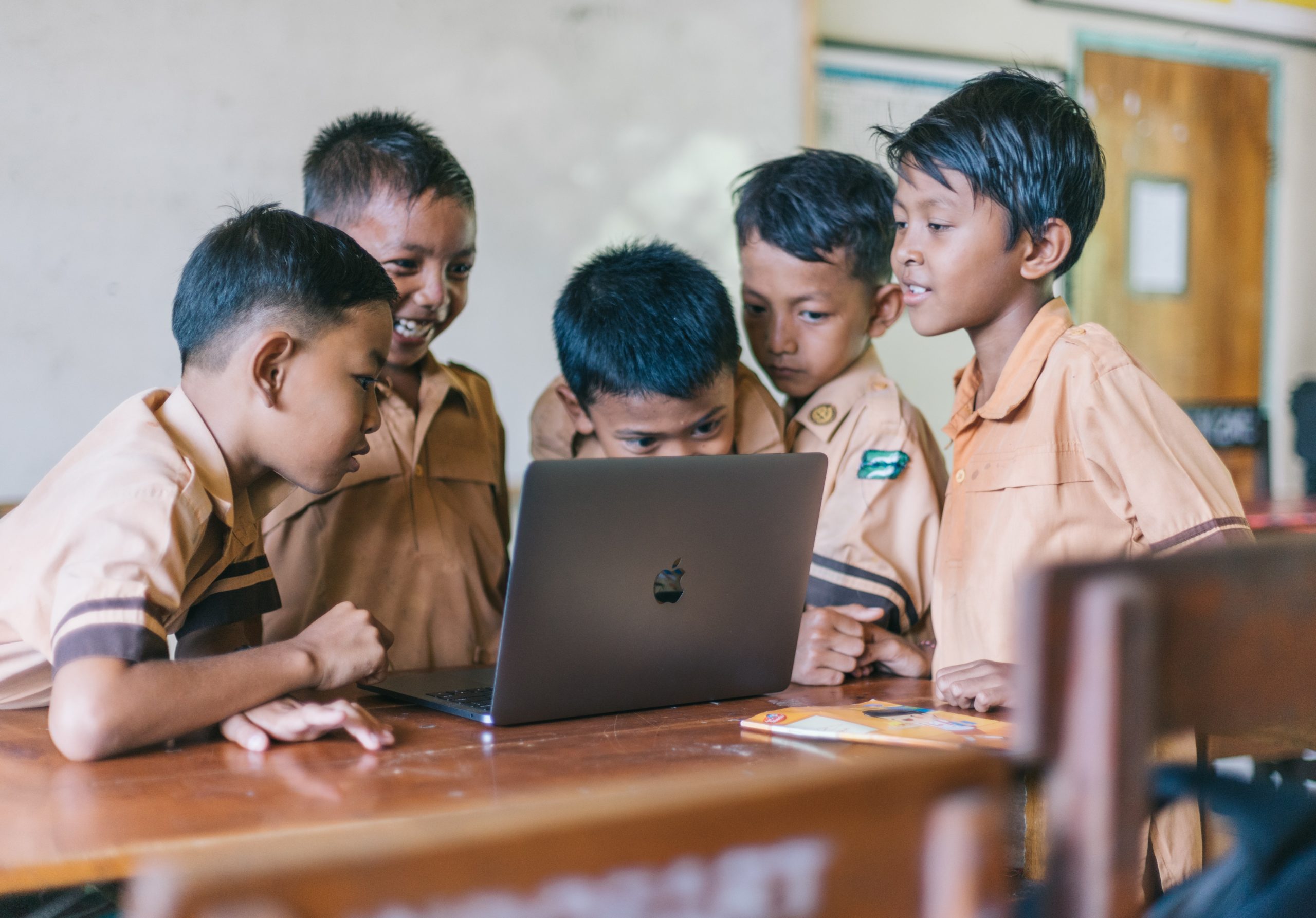

The road to change may not be swift but it is assuringly steady. With daily new schemes, policies and effective learning methods introduced by the government and other online learning platforms, the education standards are set to improve.
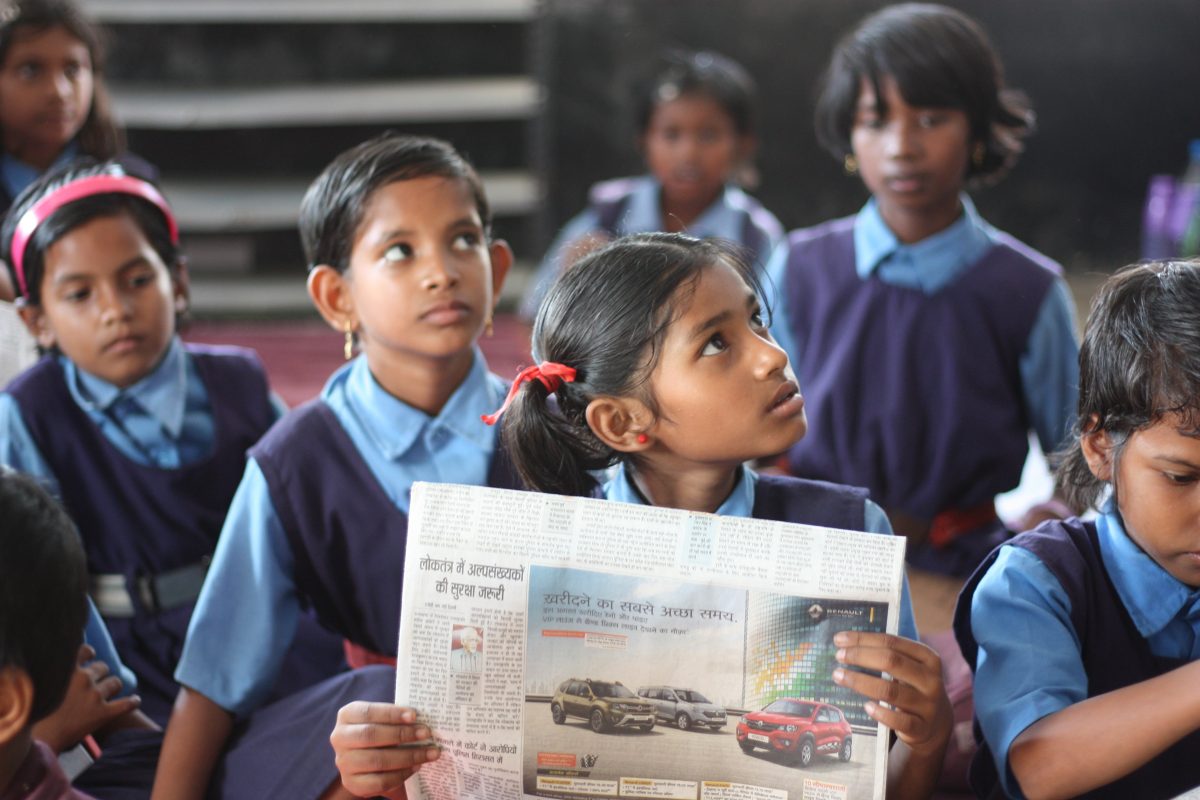






4 replies on “New Advancements That Completely Changed the Indian Rural Education System”
I figure that you may be overcomplicating with your reasoning just to stand out.
We’re sorry if you found it overcomplicated. We would love to have clearer feedback so that we can make it in accordance with the reader. Hope to hear from you soon!
Awesome Read
Thank you, reader! We are happy to see your support. Apologies for the late response.